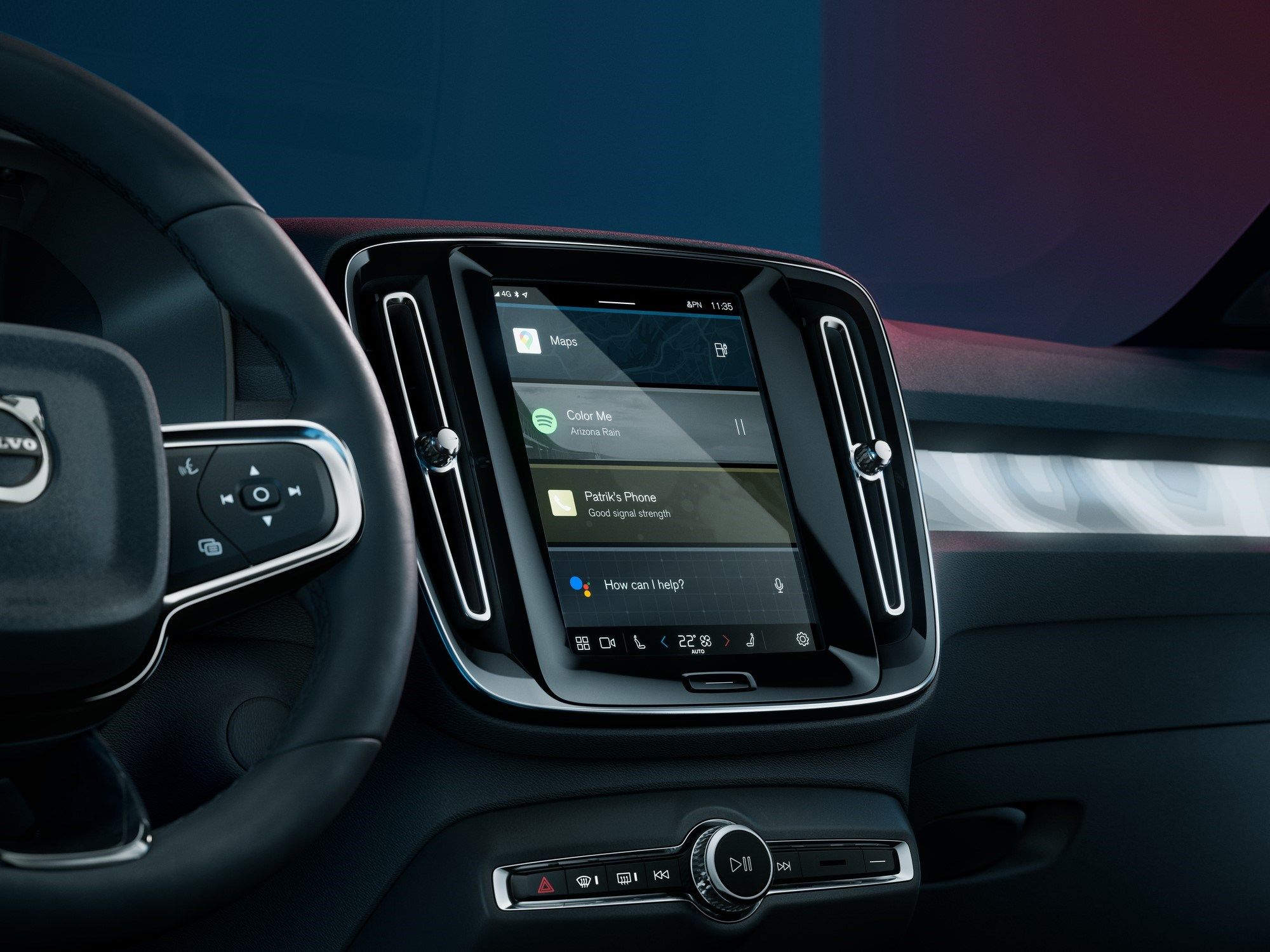As we live in an ever-digitalized world, cybercrimes will continue to grow. Even large companies with supposedly strong cybersecurity can be a victim of this growing problem. Volvo is the latest automaker to suffer from a cyberattack, and it recently released a press statement confirming the incident.
A Volvo spokesperson confirmed to Reuters that the automaker was "approached by a third party," though it is unclear if the third party in question here is a security researcher or the attackers. Just after the incident, the automaker releases a press statement confirming the security breach:
If there's at least a bit of good news here, the Swedish automaker can confirm, at least with currently known information, that no customer data has been hacked during the cybersecurity breach. This is critical because over-the-air (OTA) updates being delivered to customers' vehicles can contain private information.
Based on the information that is currently known, it seems that the hackers were specifically targeting the company's intellectual property and research data. Just after this attack, Volvo says that they immediately implemented security countermeasures including steps to prevent further access to its property, and notified relevant authorities. Volvo also says that this will affect the company's operations, but it did not the magnitude of the cyberattack's effects.
This cyber-attack comes just a few days after Volvo's sister brand Polestar announced an OTA for the Polestar 2 electric vehicle that will upgrade its power figures by 67 horses. This security breach highlights the importance of cybersecurity, not just to the automaker themselves, but to the cars they sell to customers.
Perhaps the biggest news surrounding cyberattacks this year is the shutdown of the Colonial Pipeline--the largest petroleum pipeline in the United States that runs from Texas to New Jersey. It is believed to be the largest cyberattack that the U.S. has experienced in its energy system, according to an article by Wired.




